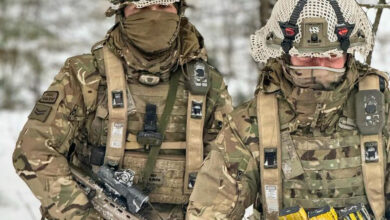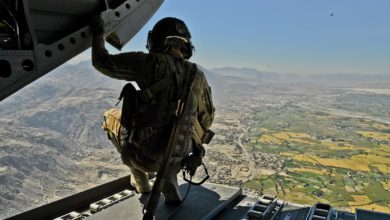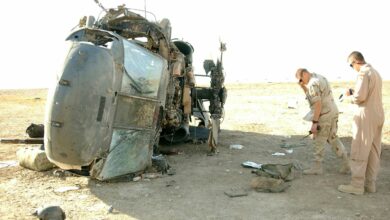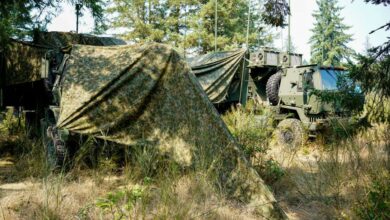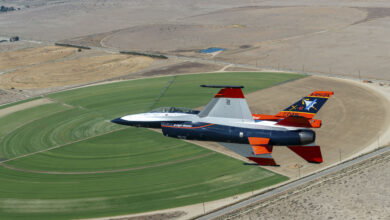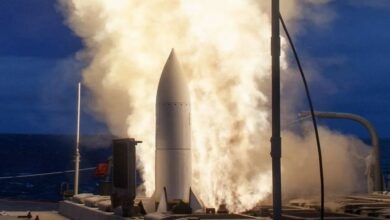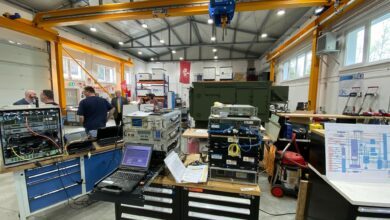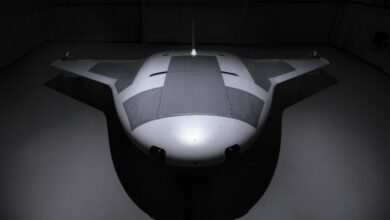DARPA Launches Program to Optimize, Better Predict Team Performance
The Defense Advanced Research Projects Agency (DARPA) has introduced a program to explore whether bio-behavioral signals, such as neural signals and communication patterns, can be used as objective criteria of team performance.
The “Objective Prediction of Team Effectiveness via Models of Performance Outcomes” (OP TEMPO) will leverage data-driven tools to track and outline bio-behavioral signatures, including communication dynamics and heart rate variability, which influence team performance.
The initiative will use unobtrusive sensor suites to sustain reliable and accurate measurements in real-world defense training.
“Without methods to objectively assess team training performance, we are unable to measure current training efficacy, diagnose performance breakdowns, or determine whether future training adaptations are effective,” DARPA OP TEMPO Program Manager Dr. Joeanna Arthur explained.
“OP TEMPO seeks to overcome these challenges by using biological signatures to predict and optimize team performance.”

Future Applications
Once completed, the 2.5-year effort will apply accomplished capabilities to training in diverse US defense use cases requiring highly coordinated teamwork, such as tactical squadrons, air crews, medical teams, and cybersecurity personnel.
DARPA said OP TEMPO will serve as a stepping stone to “optimize coordination and overall performance” of teaming exercises in the future.
“[Department of Defense] teams are not simply the sum of their collective parts, but have highly specialized and dynamic roles, and performance relies on collaboration, communication, and coordination,” Arthur added.
“With OP TEMPO, we aim to solve the problem of ‘how do we turn a team of experts into an expert team?'”
OP TEMPO developers will collaborate with US stakeholders and regulatory authorities to secure the program’s efficacy and safety.
Experts on legal, ethical, and societal implications will also join the effort to oversee research and associated concerns.


